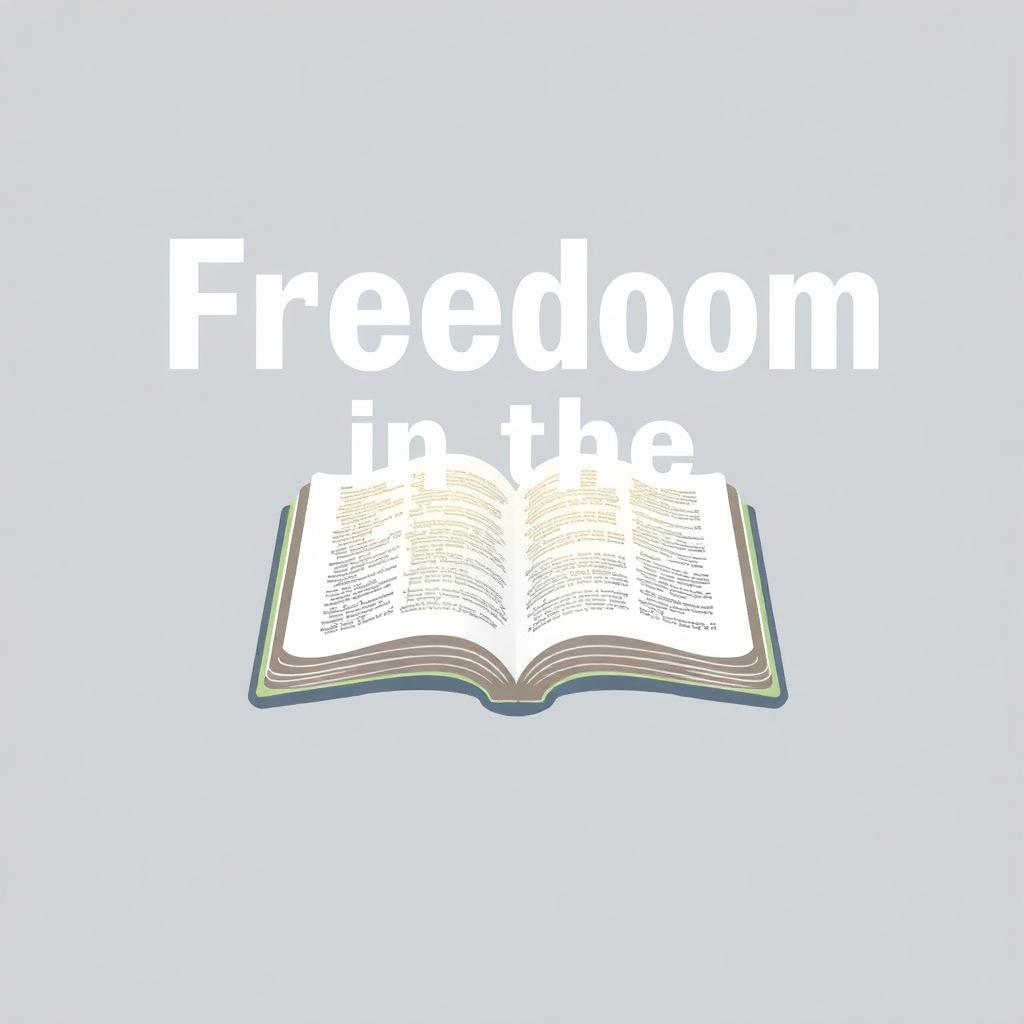What does the Bible say about Freedom?
In 1 Peter 2:16, believers are urged to "live as free people, but do not use your freedom as a cover-up for evil; live as God’s slaves." This verse illustrates that freedom is not a license to act on selfish desires.
From the Old Testament's narratives of liberation to the New Testament's teachings of inner freedom and grace, Scripture provides a comprehensive outlook on what it means to be free. This exploration will delve into the biblical definition of freedom, the implications of living in freedom, and the transformative power that this freedom holds for believers.
The Old Testament Perspective on Freedom
In the Old Testament, freedom is often associated with liberation from oppression and slavery. The most notable example is the Exodus narrative, where God delivers the Israelites from slavery in Egypt. This event is not just a historical account but a theological cornerstone, emphasizing that God desires His people to live in freedom. In Exodus 3:7-8, God expresses His concern for the suffering of His people, indicating that He is committed to their deliverance.
Additionally, freedom in the Old Testament is linked to the observance of God's laws. For instance, Leviticus 25 introduces the concept of the Year of Jubilee, where every fiftieth year, slaves are freed, and land is returned to its rightful owners. This law illustrates that true freedom includes not only the absence of external oppression but also the restoration of justice and equity in society.
The New Testament and Spiritual Freedom
Transitioning into the New Testament, the theme of freedom evolves, emphasizing spiritual liberation through Christ. In Galatians 5:1, Paul declares, "It is for freedom that Christ has set us free." This proclamation highlights that the freedom found in Christ transcends physical limitations or societal oppression. Christians are called to experience a profound inner liberty that comes from a personal relationship with Jesus.
Moreover, this new kind of freedom liberates individuals from the bondage of sin. Romans 6:22 states, "But now that you have been set free from sin and have become slaves of God, the benefit you reap leads to holiness, and the result is eternal life." Here, freedom is not merely a release from wrongful actions but a transition into a life characterized by holiness and righteousness. The call is for believers to embrace their new identity as freed individuals who are now empowered to live according to God's will.

The Interconnections of Freedom and Responsibility
While the Bible speaks extensively about freedom, it also addresses the responsibility that accompanies it. In 1 Peter 2:16, believers are urged to "live as free people, but do not use your freedom as a cover-up for evil; live as God’s slaves." This verse illustrates that freedom is not a license to act on selfish desires. Instead, it calls for a responsible exercise of that freedom, serving others and glorifying God in all actions.
The combination of freedom and responsibility paints a picture of a life that is not solely self-focused but considers the impact on the wider community. Galatians 5:13 emphasizes this by stating that believers are called to serve one another humbly in love, indicating that freedom should foster connections rather than create divisions.
The Transformative Power of Freedom
One of the most profound dimensions of biblical freedom is its transformative power. John 8:36 declares, "So if the Son sets you free, you will be free indeed." This statement captures the essence of the freedom offered by Christ, transforming hearts and minds. It signifies a shift from the bondage of sin to a life filled with purpose, joy, and hope.
Furthermore, this transformative freedom encourages believers to share their experiences with others. As those who have tasted true freedom, Christians are called to be ambassadors of hope, advocating for justice and liberation in the world around them. The Great Commission (Matthew 28:19-20) becomes a natural extension of this freedom, as believers are commanded to share the gospel and, in doing so, invite others into the freedom found in Christ.
Conclusion
In summary, the Bible provides a rich, multifaceted understanding of freedom that speaks to its significance for both individuals and communities. From the liberation of the Israelites to the spiritual freedom offered through Christ, freedom is portrayed as a divine gift meant to empower believers to live responsibly and purposefully. Embracing this freedom allows individuals to experience transformation, leading to a life of service to others, ultimately reflecting the heart of God and His desire for humanity.